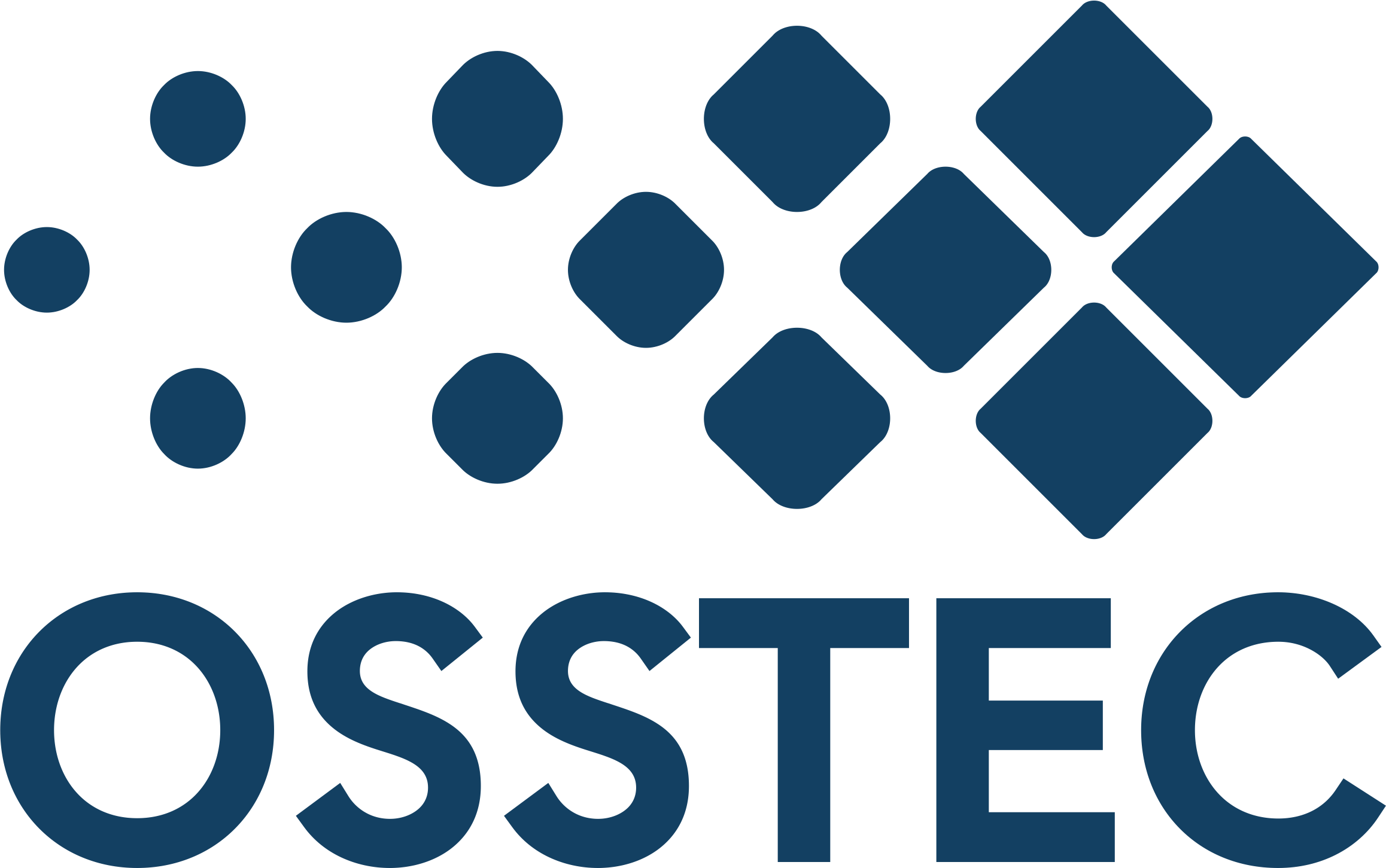In orthopaedics there is a growing need for patients to be treated with earlier intervention surgery and day-case surgery to improve their outcomes. Yet, in patients under the age of 65, there is a 35% chance of failure, and most procedures are not suitable for day-case surgery.
OSSTEC create 3D printed metal implants which behave in a way more similar to natural human bone then existing devices. The porous implants stimulate the bone to heal and grow over time, meaning implants stay fixed in bone and last longer without cement. They are also developing 3D printed articulating implants applicable to knees, shoulders, and so on. These have simpler manufacturing and reduce costs compared to existing devices.
Maxwell Munford, the founder and CEO of OSSTEC, founded the company during his PhD at Imperial. He sees that the Shott Scale Up Accelerator offers him the opportunity to develop and build on the skills he needs to take OSSTEC from startup to scale up.
The Shott Scale Up Accelerator offers funding to support leadership courses, and Maxwell plans to use this opportunity to enrol on Harvard Business School’s (HBS) programme, Credential of Leadership, Impact, and Management in Business (CLIMB). Maxwell says: “The Schott accelerator and HBS will support all aspects of my growth during this evolution.”

Over the next five years OSSTEC will take their first product to market and start to expand their product portfolio to further devices and probe other global markets. Maxwell recognises that to do this they need to: “(1) grow our distribution and go-to-market strategy with our first market (US), (2) build on our current engagement with 42 surgeons spanning 9 markets (44% in US) and (3) evolve our team from a R&D centric team to a market ready medical devices company.”

